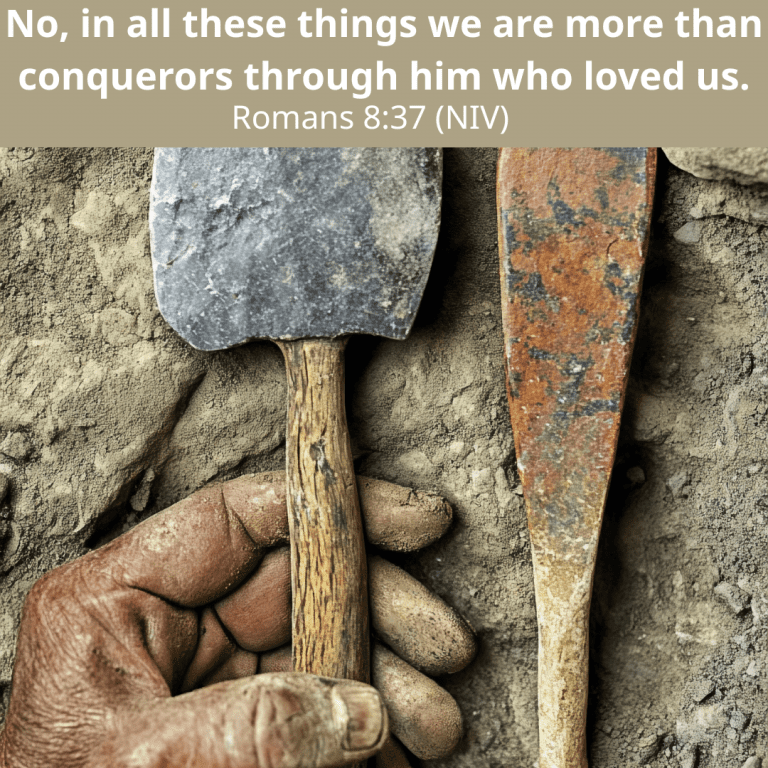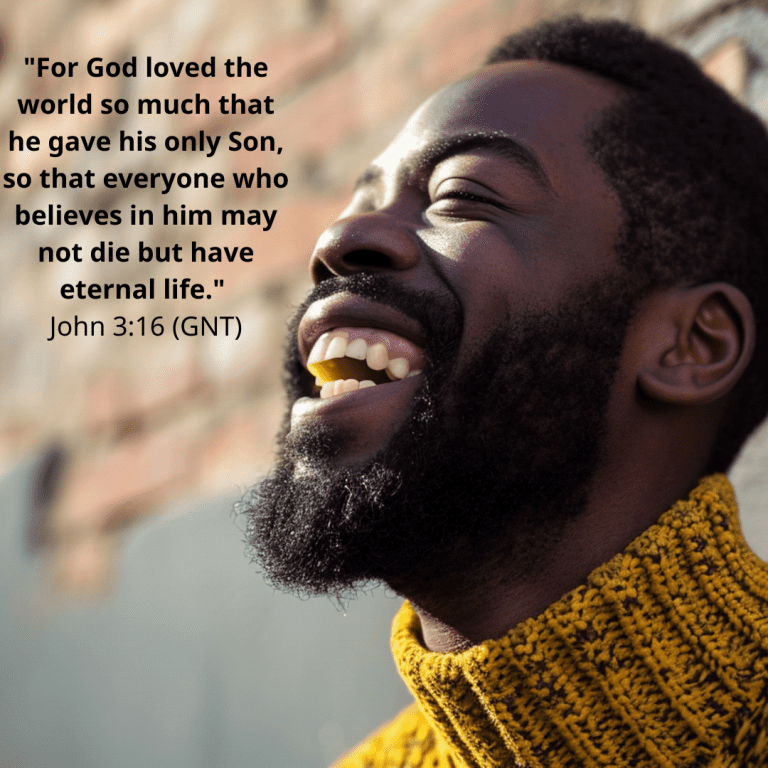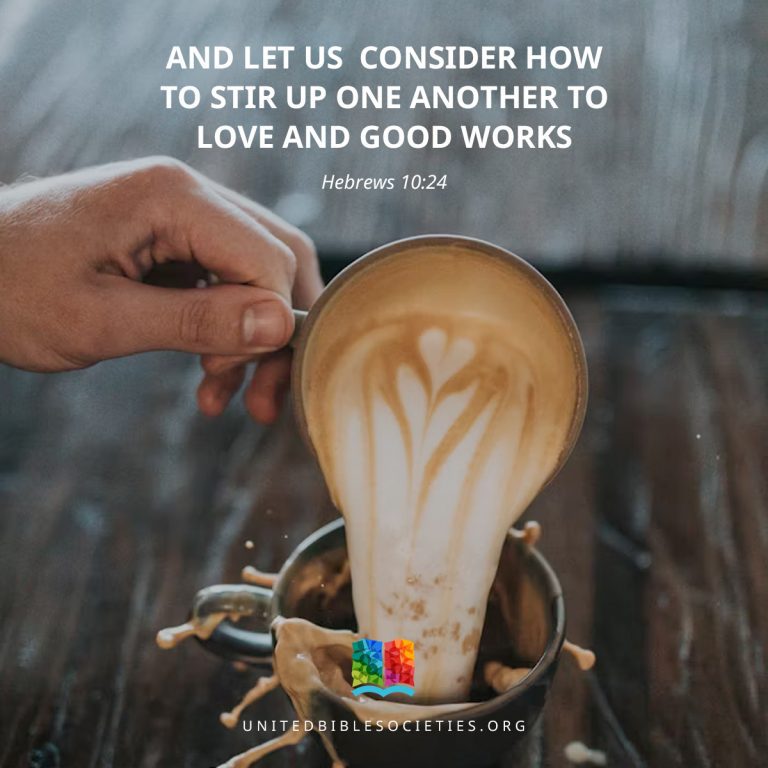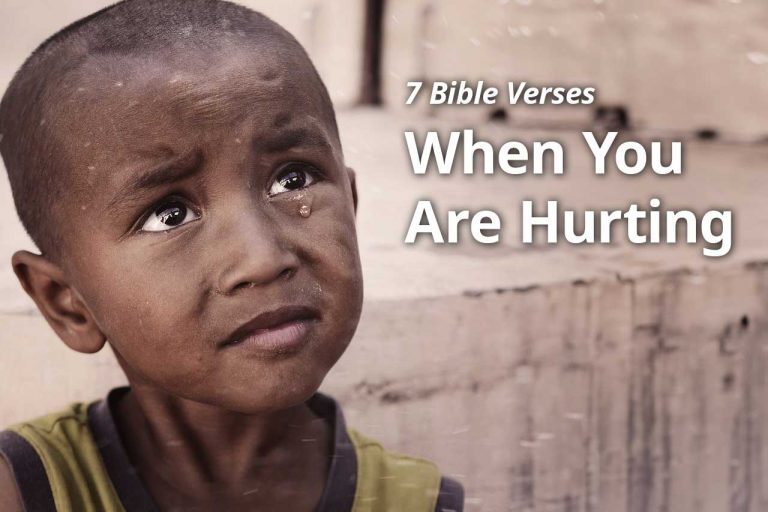aza 5
kubɔrkɔn ki ṯil la ṯeḏi beyṯizḏa
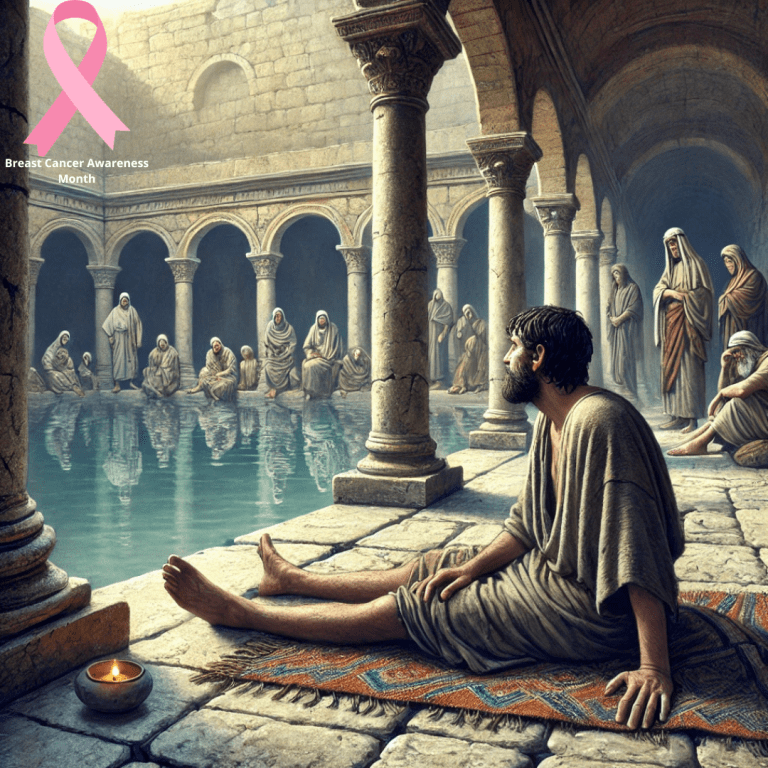




1 kwaḏan kwɔkwɔ na iid nani wete weḏi yahuuḏ, na Yecu taŋi urzaliim. 2 kezir weḏi gwe kweḏi yaŋal urzaliim, na ezir nani weḏi yogwur ṯuḏni, weṯi yahuuḏ eca beyṯizḏa. 3 na ki yogwur kyu ner inḏiralu litezir luma, lir lunduŋ, lir yɔmzɔŋ, lir yubɔrkɔn, leṯinanji ŋaw lu mer lagiḏina. 4 kaka eṯi gwu maleyka oɽi ŋwomur ŋwere ŋwere ŋaw-na eḏi zi lagizina. ma kwizi kwere oɽi kerreny mer lagiḏina, eṯuŋw zawi kimeti kuŋun. 5 na kwor nani kwete kinaŋw, kwurna yiḏleyu ṯuɽi-wri-dufɔkwupa. 6 ma Yecu kaṯazi kwinḏiralu, kwilŋiicaŋw rac eḏari, kwinḏiralu kwurna kwizatuk, nuŋw eca ŋwu: a kwunaŋna eḏi zey a? 7 na kwor kwurna eŋnici, nuŋw eca ŋwu: kwor kwalu, nenyi ere eḏi kwizi kwere mac eḏoɽazi nyuŋwu ŋaw-na ma ŋaw lagiḏina, lakin menyi naŋni kineni eḏoɽi, eṯuŋw ṯamḏiḏa nyuŋwu nana kwir ter. 8 na Yecu eca ŋwu: diɽi, dimi ŋwumbanyu ŋwɔŋwa, a ŋi ele. 9 na ṯa kwor eni kwumɔ zey tuc, nuŋw dimi ŋwumbanyu ŋwuŋwun, nuŋw ŋi ele.

10 na lamin kla orɔ zabiṯ, lirlinelu ter, ŋwu ṯa na yahuuḏ eca kworu kwumɔ zey, ŋwu: zabiṯ kwiri pa. ŋiti ŋiri ŋeḏi kuruu mac eḏapi ŋwumbanyu ŋwɔŋwa. 11 nuŋw zi eŋnici, nuŋw zi eca ŋwu: ŋgwa kwumenyi zəwi, kwunderṯa kwecenyi ŋwu: dime ŋwumbanyu ŋwɔŋwa, a ŋi ele. 12 ner uṯizelu ner eca ŋwu: kwor kwunde kwiri kwendu kwecaŋa ŋwu: dime, a ŋi ele? 13 lakin na ŋgwa kwumɔ zey ere elŋe mac eḏaruŋw, eya kwiri, kaka mezi gwu Yecu ṯazalu, nanir gwu duŋw litezir kezir wa. 14 kwaḏan kwɔkwɔ na Yecu kaṯazi ki heykal-na, nuŋw eca ŋwu: izaṯi, a kwumɔ daɽmani pa; eṯi zi erra ŋere ŋiki kwokwony mac, na ṯurfa ṯi ŋa enḏiḏa ṯiṯemḏelu eḏi kerrenyŋw la. 15 na kwor ele kitay, nuŋw andaci yahuuḏa, nuŋw zi eca ŋwu: Yecu kwiri mi kwumenyi daɽmaḏa. 16 na gwu ta, na yahuuḏ naŋni eḏowɽi Yecuŋw yey, kaka muŋw zi gwu erri ŋu ki lamin leni zabiṯ. 17 nezi Yecu eŋnici, nuŋw zi eca ŋwu: eti Papa kwinyi akiki ŋɔḏɽor mindaŋ kirem kwumorɔ, nenyi tɔk, nyi ŋgwu kwaki ŋɔḏɽor. 18 ner ṯa orɔ ŋwu, na ŋi yahuuḏ ilicelu rerec eḏeɽenye; ner ere orɔ kaka muŋw gwu dapi kuruu gi la kedi zabiṯ ṯuɽuk mac, lakin kaka muŋw gwu ruzi Allah Papa kwuŋwun tɔk, biɽḏir gwu rɔgwɽɔ-na Allah yi.
Yecu kweṯafi ŋuma nani gwu Papa kwuŋwun
19 nezi Yecu eŋnici, nuŋw zi eca ŋwu: nyi kwecaŋazi ma ŋwa rerem, Tor titi teḏi ŋuma mac eḏerri kwɔmne kwere oɽeny. eṯuŋw erri ṯuɽuk kwɔmne kweṯuŋw izaci Papaŋw kwuŋwun kweṯuŋw erri; kaka kwɔmne kweṯi Papa erreri, eṯi ṯa Tor erreri tɔk. 20 kaka eṯi gwu Papa amindi Toru, na eṯuŋw baŋaci ŋunduŋwu tatap kweṯuŋw erri, ŋwubaŋaci ŋunduŋwu ŋɔḏɽor ŋiṯemḏizelu ŋu, er ŋazi liŋɽazi. 21 kaka eṯi zi gwu Papa diɽi layyu eḏi zi inḏeḏa ŋimiiḏa, ŋwu ṯaŋwu, eṯi zi Toru inḏeḏa kla ŋimiiḏa leṯuŋw zi naŋni. 22 eṯi zi Papa ere hakwumi lere mac, lakin nuŋw inḏeḏa Toru zulṯa minmin, 23 mindaŋ er ma nii tatap Toru-na, kaka eṯir gwu nii Papaŋw-na. kwere nyiḏak kwiti kweṯi nii Toru-na mac, kwiti kweṯi nii Papaŋw-na tɔk mac kwuza ŋunduŋwu.
24 nyi kwecaŋazi ma ŋwa rerem, kwere kweṯi nyi niŋnaci ŋiɽaŋali, na kweṯalliḏa ŋgwa ṯugwori nana kwuzanyi, kwunderṯa kweḏi ŋimiiḏa-na ŋiaŋ, ŋinḏi eḏi nanniḏa dɔk; kwiti kwinḏi eḏi ilaḏa hukm nana mac, lakin kwumɔ ru tuc ŋiɽany ŋi-na eḏenḏi ki ŋimiiḏa-na ŋir minmin. 25 nyi kwecaŋazi ma ŋwa rerem, lomur kla linḏi, limɔ keni ṯimayini kirem, a layyu neŋne ṯɔgwɽɔ ṯeḏi Tor teḏi Allah, na kla tatap limɔneŋne, er miiḏi. 26 kaka eḏi gwu Papa ki rɔgwɽɔ ruŋwun ŋuma ŋeṯinḏeḏa ŋimiiḏa, nuŋw ṯa inḏeḏa Toru tɔk ŋuma ŋeṯinḏeḏa ŋimiiḏa. 27 nuŋw ma ṯa inḏeḏa zulṯa tɔk eḏi ruwezi hukma lu, kaka urŋw gwu Tor teḏi kwizigwunaŋ. 28 eṯi ŋi liŋɽu ŋu mac, kaka inḏi gwu lomur eḏila le li kla tatap linani ki rimamu-na er neŋne ṯɔgwɽɔ ṯuŋwun, 29 er ruweḏe lu; kla limezerri ŋizaw er diɽi ki ŋimiiḏa-na, na kla limezerri ŋiki, er diɽi ki hukm-na.
ṯunḏiza ki ṯeḏi Allah ŋeni Yecu
30 nyi kwiti kweḏi ŋuma eḏerri kwɔmne kwere zulṯa gi kwinyi oɽeny mac; ŋeṯinyji neŋne ta, eṯir orɔ ŋeṯi nyi ŋi hakwumi, na hukm winyi eni wirlalu, kaka iti naŋnanyi gwu eḏi zi erri tugwor ṯi tinyi mac. eṯi nyi naŋni eḏi zi erri ṯugwor ṯi ṯeḏi ŋgwa kwuzanyi. 31 eŋgi nyji ŋi unḏizi ki ŋeni rɔgwɽɔ rinyi oɽeny, eŋgi ṯunḏiza ki ṯinyi ere eḏi fayḏa kwere mac. 32 ŋgwata kwir ter kweṯi zi ŋi unḏizi ki ŋeni nyi; nenyi elŋece eḏari, tunḏiza ki ṯuŋwun ŋeni nyi ṯeḏi fayḏa rac. 33 yafur yalu yimɔnani nani gwu yuhanna, nuŋw zi ŋi unḏizi ki ŋeni ŋirlalu. 34 lakin ṯunḏiza ki ŋeni nyi ṯende ṯeṯiruḏa nani gwu lizigwunaŋ. ŋandicaŋazi ŋu mindaŋ eŋgi kilaw. 35 yuhanna kwiri lɔmba leṯifudi na letiṯiŋaḏa fori lu, na ŋaŋa, a limemni ŋwomur ŋwɔkwɔ fori kwuŋwun, na gi nyeŋlena. 36 lakin ṯunḏiza ki tinyi ṯiṯemḏi la kḏa ṯeḏi yuhanna, kaka ŋɔḏɽor ŋinḏeḏenyji Papa kwinyi eḏi zi ratazi, na ŋeṯinyjerri ŋinderṯa ŋeṯi ŋazi ŋi unḏizi ki ŋeni nyi, ner ari, Papa kwuŋwun kwiri kwuza. 37 na Papa kwuzanyi, kwunderṯa ŋundu kwumenyi ŋi unḏizi ki. a liti limɔniŋnaci ŋunduŋwu ṯɔgwɽɔ aŋwun were mac, ya eḏeze kwir ṯa ḏa. 38 a lende leṯi miḏa ŋiɽaŋali ŋuŋun, kaka iti emnaŋa gwu mac ŋgwa kwuzaŋw. 39 a leṯinaŋnini ŋiɽaŋal-na ŋuluḏina, kaka ari ŋa gwu ŋwu: nyiŋa leḏi ŋimiiḏa-na ŋinḏi eḏi nanniḏa dɔk ki ŋiɽaŋal-na ŋuluḏina. na ŋinderṯa ŋeṯi zi ŋi unḏizi ki ŋeni nyi. 40 lakin, a liti lemni keni mac eḏila nani nyi gwu, eḏafa ŋimiiḏa.
41 nyi kwende kweṯinaŋni ṯiniiya-na nani gwu lizigwunaŋ. 42 lakin nyi kwilŋiicaŋazi rac, a liti leḏi ṯamɽa-na ṯeḏi Allah daŋgal-na mac. 43 nyi kwumila yiriny yi yeḏi Papa kwinyi, ner nyi ta ere enji kiloɽu-na mac. muŋw ila kwir ter yiriny yi yuŋwun domony, a emnizi eḏenji ŋunduŋwu kiloɽu-na. 44 na ŋaŋa, a leḏi ṯəmna aŋgwuru, ma niini-na daŋgal-na wuɽe-wuɽeny, iti naŋna ŋa gwu mac ṯiniiya-na ṯinḏi nani gwu ŋgwa kwir Allah wutuput? 45 eṯaruŋw mac: kwenyji bɔŋwḏi nani gwu Papa. muuza kwiri ṯa, ŋgwa kwumalliḏa ŋaŋa rugwori nana, kwɔŋazi bɔŋwḏi. 46 eŋgemnizi muuzaŋw, eŋgi nyi emni, kaka luḏuŋw zi gwu ŋeni nyi. 47 mezi ṯa ere emnizi ŋuluḏuŋw zi mac, ta a ma emni aŋgwuru ŋiɽaŋali ŋeṯinyji andazi?
Jesus Heals a Sick Man
1 Later, Jesus went to Jerusalem for another Jewish festival. 2 In the city near the sheep gate was a pool with five porches, and its name in Hebrew was Bethzatha.
3-4 Many sick, blind, lame, and paralyzed people were lying close to the pool.
5 Beside the pool was a man who had been sick for 38 years. 6 When Jesus saw the man and realized that he had been crippled for a long time, he asked him, “Do you want to be healed?”
7 The man answered, “Sir, I don't have anyone to put me in the pool when the water is stirred up. I try to get in, but someone else always gets there first.”
8 Jesus told him, “Pick up your mat and walk!” 9 Right then the man was healed. He picked up his mat and started walking around. The day on which this happened was a Sabbath.
10 When the Jewish leaders saw the man carrying his mat, they said to him, “This is the Sabbath! No one is allowed to carry a mat on the Sabbath.”
11 But he replied, “The man who healed me told me to pick up my mat and walk.”
12 They asked him, “Who is this man that told you to pick up your mat and walk?” 13 But he did not know who Jesus was, and Jesus had left because of the crowd.
14 Later, Jesus met the man in the temple and told him, “You are now well. But don't sin anymore or something worse might happen to you.” 15 The man left and told the leaders that Jesus was the one who had healed him. 16 They started making a lot of trouble for Jesus because he did things like this on the Sabbath.
17 But Jesus said, “My Father has never stopped working, and this is why I keep on working.” 18 Now the leaders wanted to kill Jesus for two reasons. First, he had broken the law of the Sabbath. But even worse, he had said God was his Father, which made him equal with God.
The Son's Authority
19 Jesus told the people:
I tell you for certain the Son cannot do anything on his own. He can do only what he sees the Father doing, and he does exactly what he sees the Father do. 20 The Father loves the Son and has shown him everything he does. The Father will show him even greater things, and you will be amazed. 21 Just as the Father raises the dead and gives life, so the Son gives life to anyone he wants to.
22 The Father doesn't judge anyone, but he has made his Son the judge of everyone. 23 The Father wants all people to honor the Son as much as they honor him. When anyone refuses to honor the Son, this is the same as refusing to honor the Father who sent him. 24 I tell you for certain that everyone who hears my message and has faith in the one who sent me has eternal life and will never be condemned. They have already gone from death to life.
25 I tell you for certain the time will come, and it is already here, when all of the dead will hear the voice of the Son of God. And those who listen to it will live! 26 The Father has the power to give life, and he has given that same power to the Son. 27 And he has given his Son the right to judge everyone, because he is the Son of Man.
28 Don't be surprised! The time will come when all of the dead will hear the voice of the Son of Man, 29 and they will come out of their graves. Everyone who has done good things will rise to life, but everyone who has done evil things will rise and be condemned.
30 I cannot do anything on my own. The Father sent me, and he is the one who told me how to judge. I judge with fairness, because I obey him, and I don't just try to please myself.
Witnesses to Jesus
31 If I speak for myself, there is no way to prove I am telling the truth. 32 But there is someone else who speaks for me, and I know what he says is true. 33 You sent messengers to John, and he told them the truth. 34 I don't depend on what people say about me, but I tell you these things so that you may be saved. 35 John was a lamp that gave a lot of light, and you were glad to enjoy his light for a while.
36 But something more important than John speaks for me. I mean the things that the Father has given me to do! All of these speak for me and prove that the Father sent me.
37 The Father who sent me also speaks for me, but you have never heard his voice or seen him face to face. 38 You have not believed his message, because you refused to have faith in the one he sent.
39 You search the Scriptures, because you think you will find eternal life in them. The Scriptures tell about me, 40 but you refuse to come to me for eternal life.
41 I don't care about human praise, 42 but I do know that none of you love God. 43 I have come with my Father's authority, and you have not welcomed me. But you will welcome people who come on their own. 44 How could you possibly believe? You like to have your friends praise you, and you don't care about praise that the only God can give!
45 Don't think that I will be the one to accuse you to the Father. You have put your hope in Moses, yet he is the very one who will accuse you. 46 Moses wrote about me, and if you had believed Moses, you would have believed me. 47 But if you don't believe what Moses wrote, how can you believe what I say?

